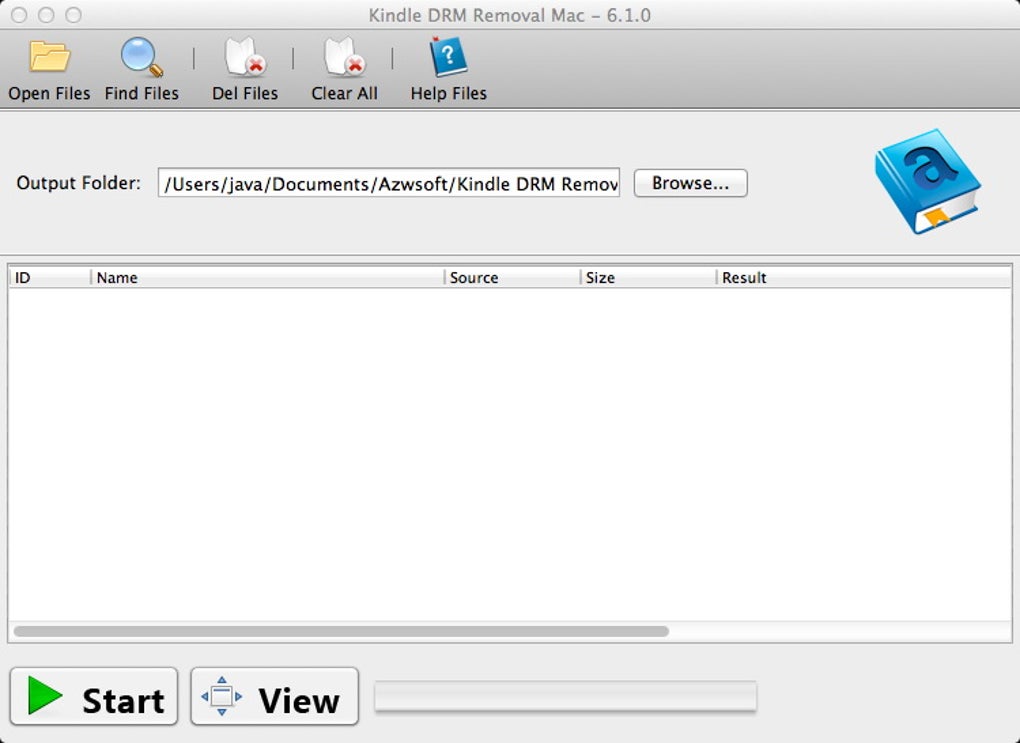

If it's important to you, make as many different copies of it as you can stand.īut DRM isn't going away, so. Sure, Amazon software is supported on most platforms now, but what about a decade from now? How many people still have the equipment to read a floppy disk, VHS tape, phonograph record, or audio cassette? A lot of music, art, and writing is abandoned every time our storage technology changes to a different format, whether you're talking about reel-to-reel tapes or clay tablets. DRM-ed Kindle books are incompatible with non-Amazon book readers and software.The worst offender here is DVD region encoding. As a one-time IT guy at a public university, I frequently battled with DRM-ed written and recorded materials that instructors or researchers wanted to excerpt. DRM interferes with legal uses of copyrighted text, like satire, reuse in teaching materials, and citation in reviews or academic papers.But Kodak, Enron, General Motors, Sears, and the Smith-Corona typewriter company were once "too big to fail" American institutions too. Wait, though, isn't Amazon too big to disappear? Maybe. If Amazon ever abandons their Kindle business, all your Kindle books could vanish in a flash.Any Kindle book that you "own" can disappear at any time, because of technological failure, change of license, or simple human error.This arrangement is bad for customers, for a number of reasons: But when you "buy" a Kindle book, you're renting temporary authorization from Amazon to store the book on up to 6 Amazon-approved devices. You can loan it to someone, trade it, sell it, or just keep it and reread it as many times as you want. When you buy a paperback book, its content belongs to the author, but the physical book belongs to you. The problem here is that America's copyright lawyers figured out how to change the rules of ownership. But DRM also inconveniences legitimate customers. The stated purpose is to prevent piracy, and for that DRM is modestly effective. Like many people you own an Amazon Kindle device for reading e-books.Īnd like many companies that trade in digital intellectual property, Amazon includes digital rights management (DRM) software in their e-books. If you do this, you won't hurt Amazon or Sony, but you might hurt the author. Disclaimer: I don't endorse pirating e-books.


 0 kommentar(er)
0 kommentar(er)
